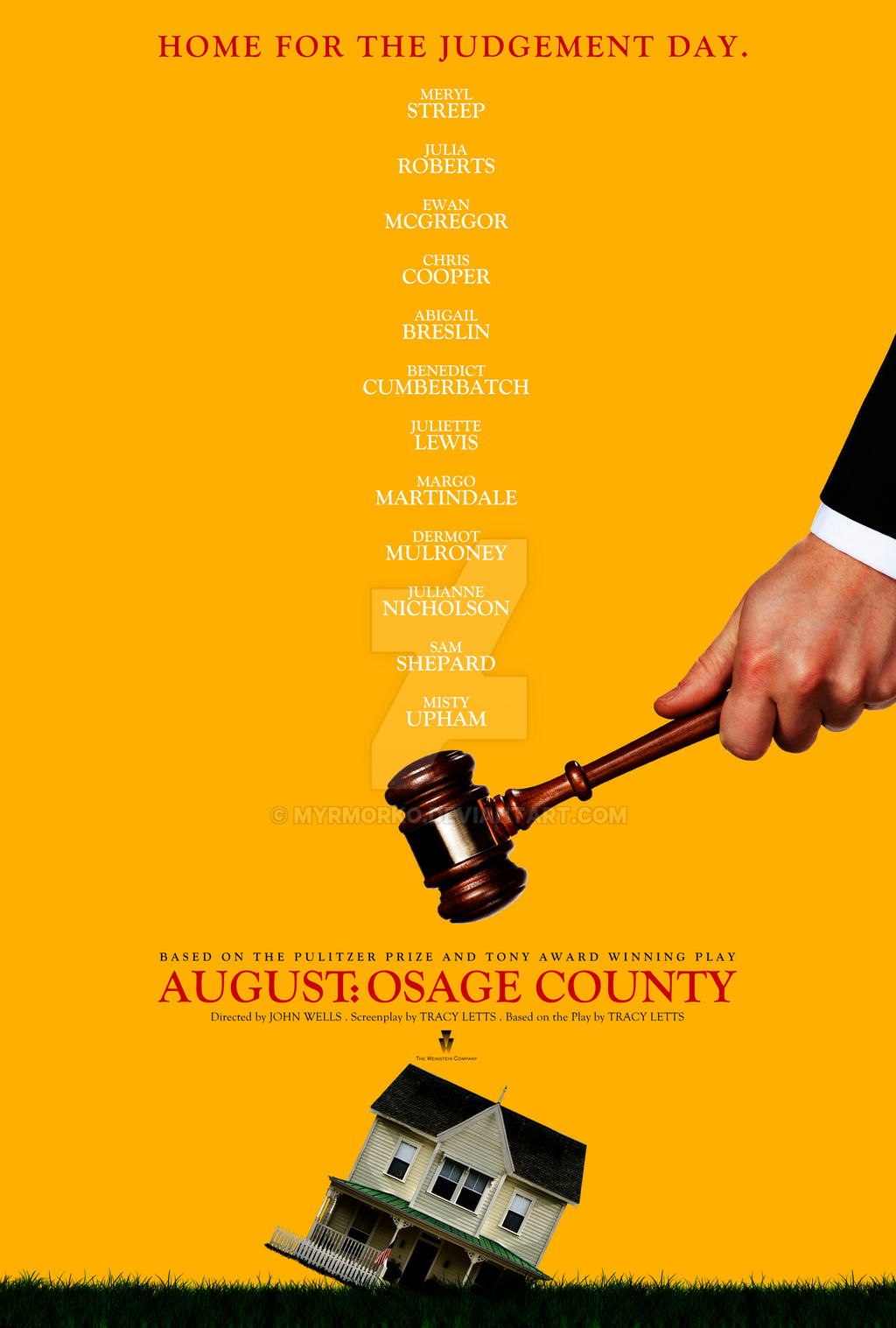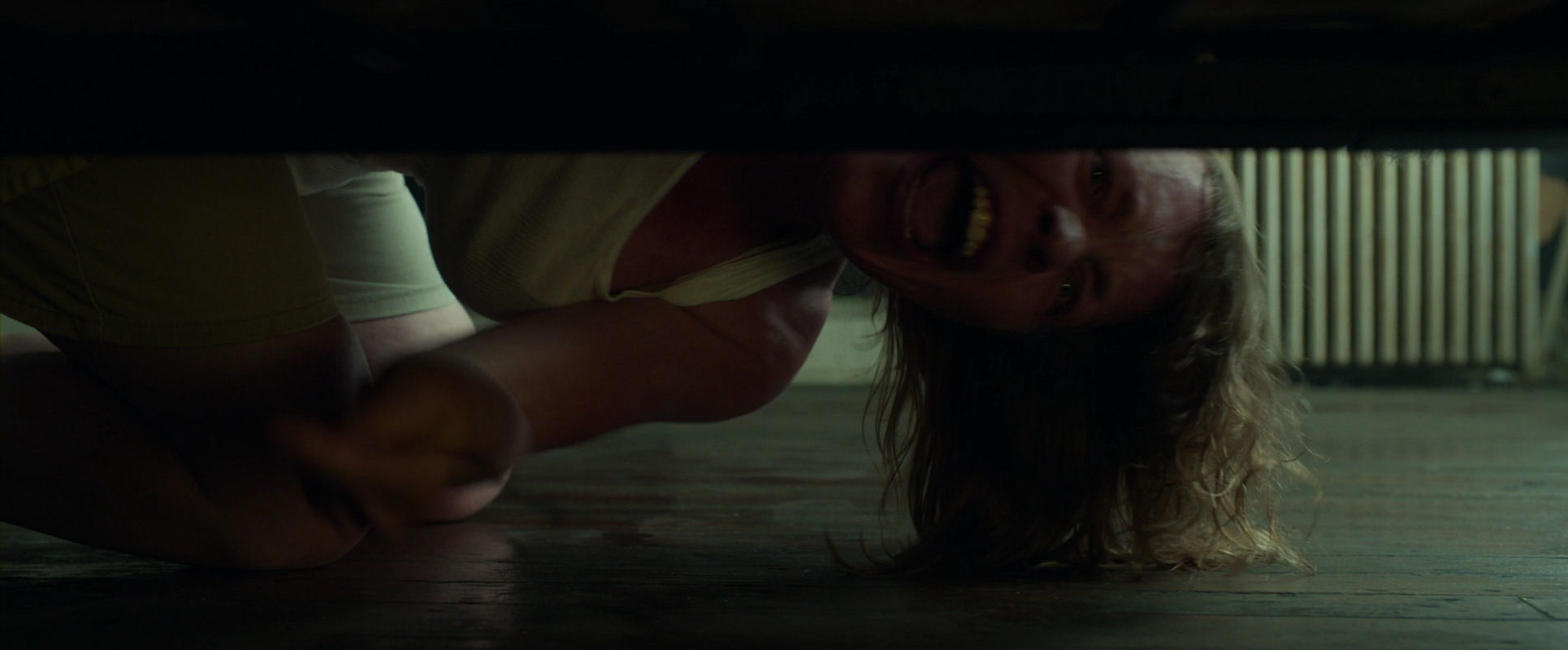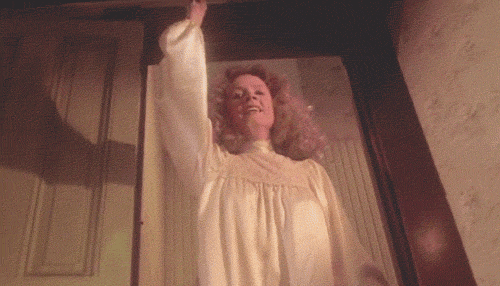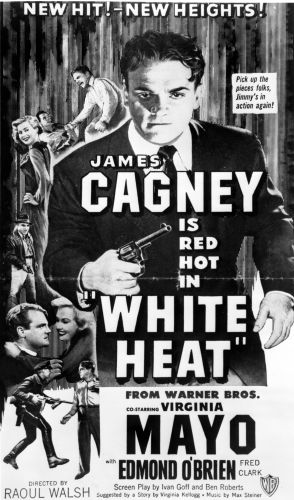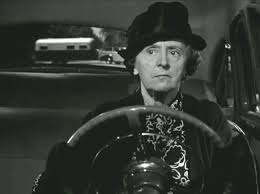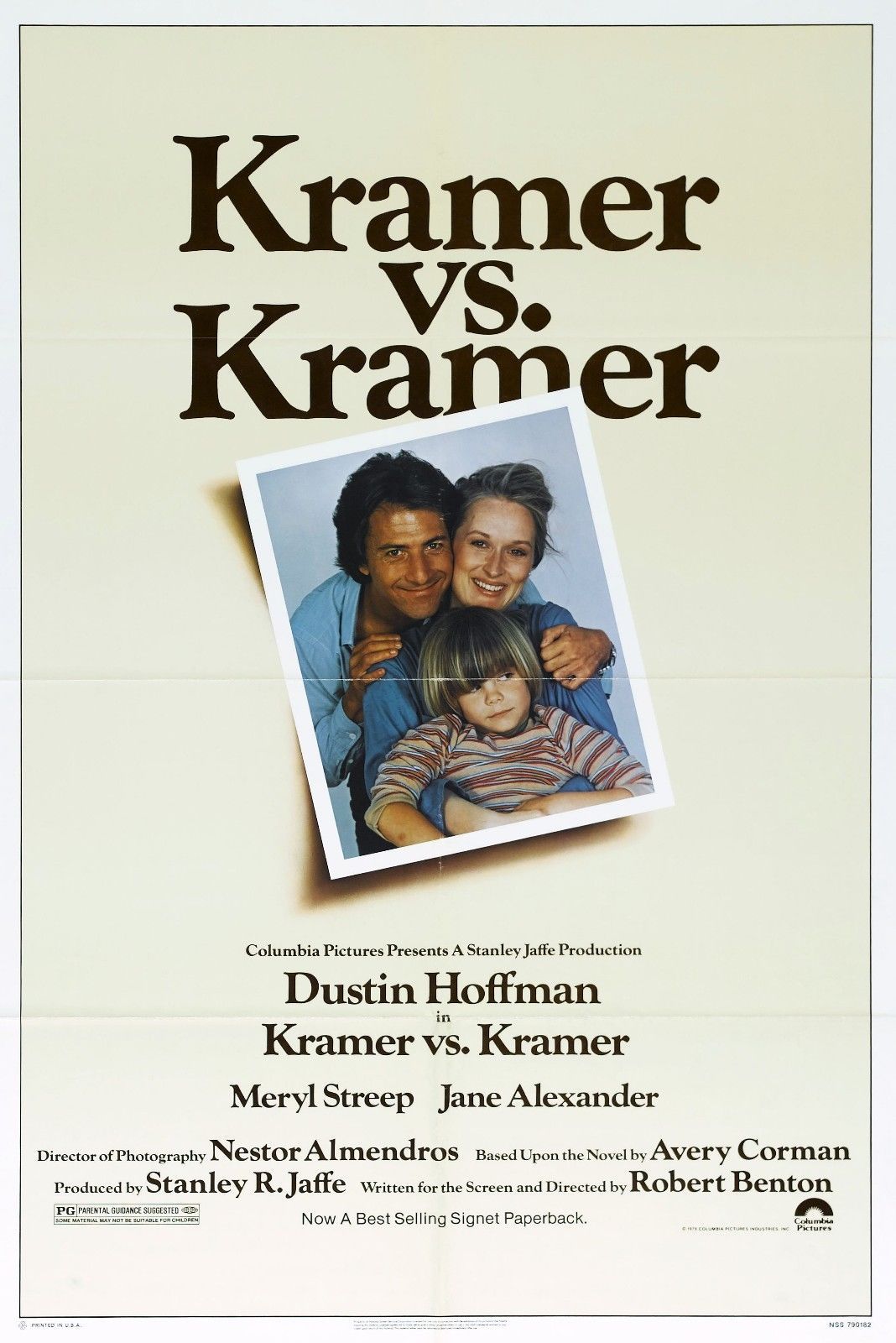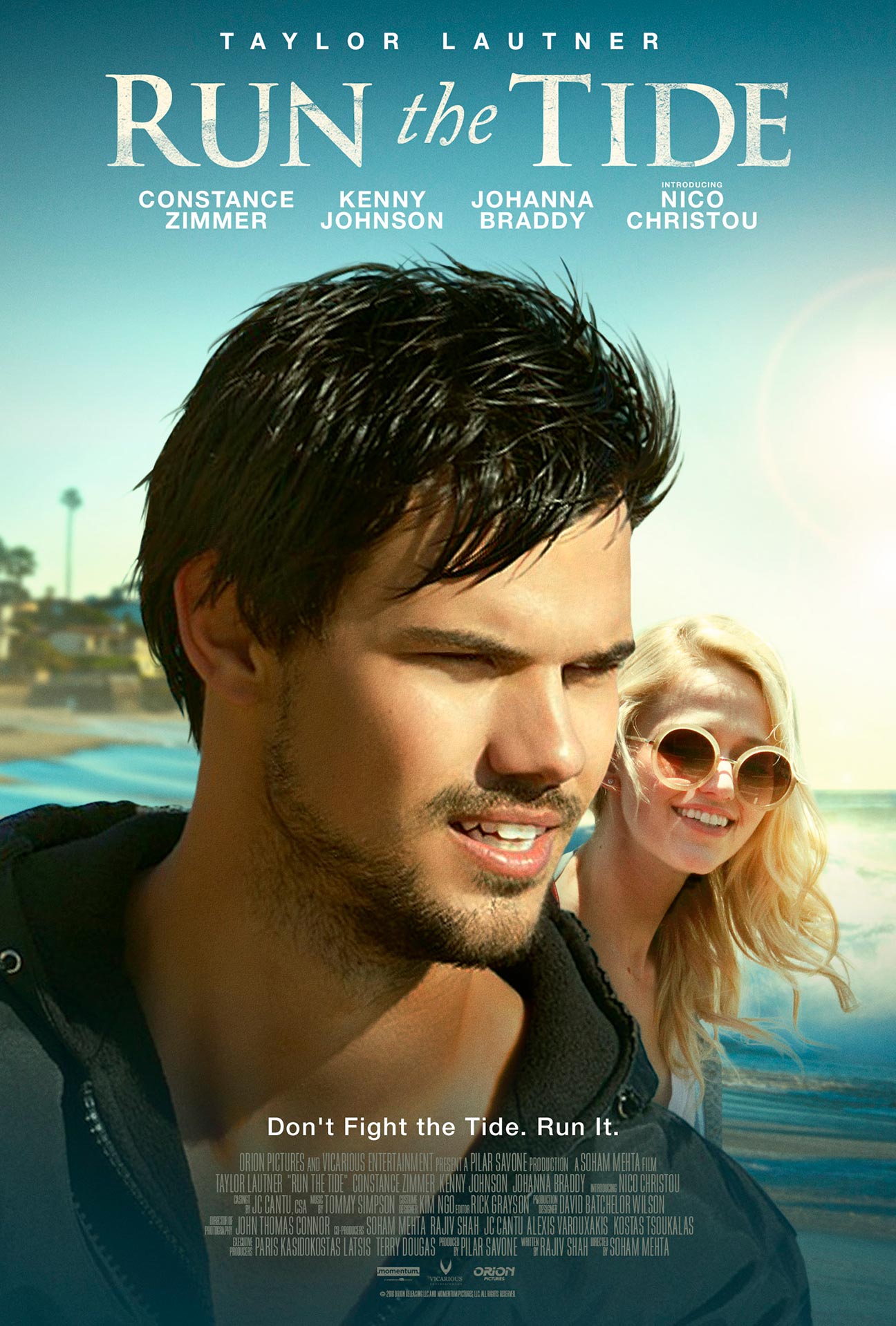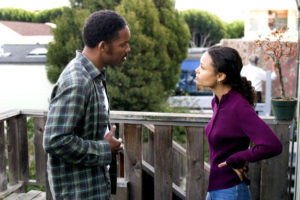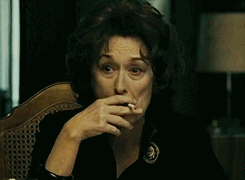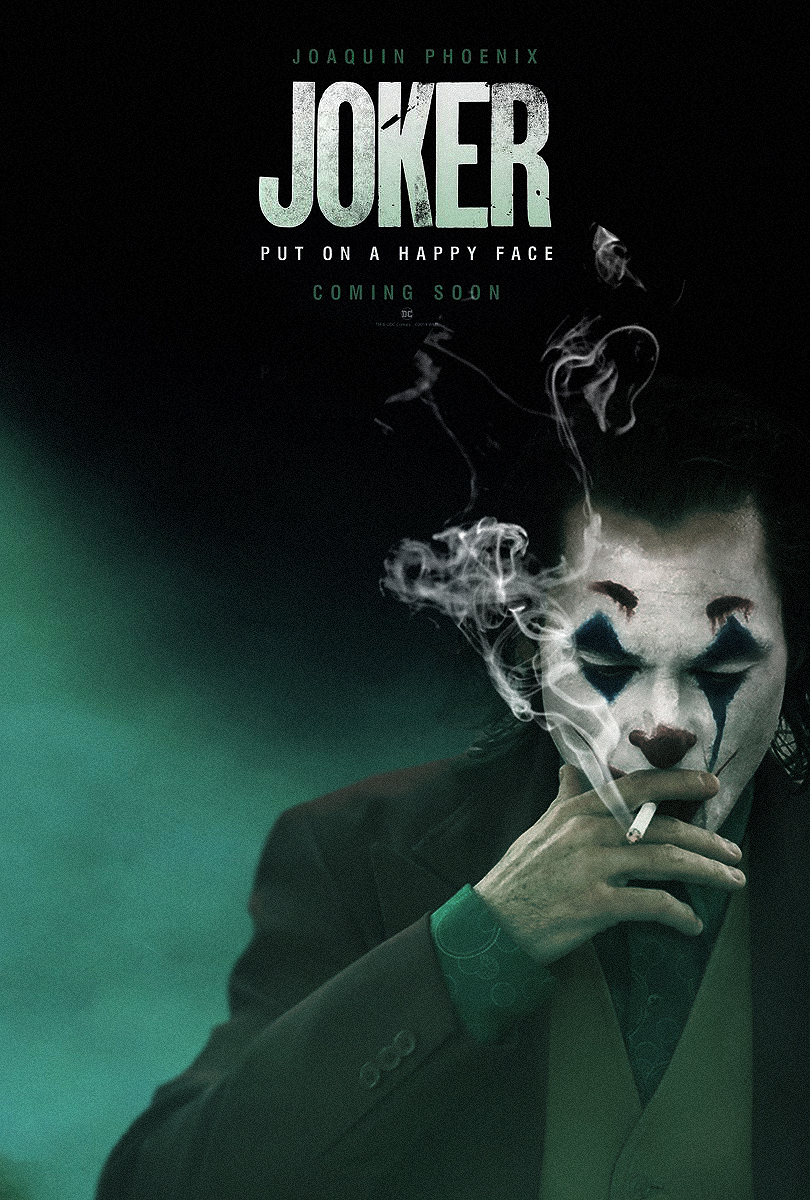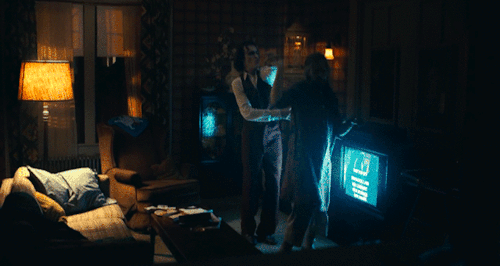3. Mission: Impossible

Mission infused the genre with brains and acrobatics and completely eliminated the freakshow villains and henchmen common in the what's-his-face-movies. Hunts acrobatic and silent CIA computer vault break-in became a classic movie scene the instant that the film was released. But who knew Ethan Hunt would still be around 22 years later?
2. Ghost Protocol
The best thing about Ghost Protocol is the fact that Ethan Hunt really doesn't wanna perform the death-defying stunts crucial to completing the mission. He's so reluctant to put his body on the line, yet again, that he looks around the rooom for other candidates when the team decides that someone is going to have to climb the tallest skyscraper on the planet, Dubai's 2,722 foot-high Burj Khalifa -- and within a narrow time frame. The second-best thing about Protocol is the fact that the gadgets, staples of the series, don't work -- which makes the idea of climbing that tower, using unreliable company equipment, that much less appealing.
Although the idiotic face-masks no longer work (thankfully), some things never change: Luther is as dependable as ever and Ethan continues one of his personal traditions established in the first Mission: Impossible movie -- sprinting at top speed.
Just eight months after Ghost Protocol's release, Jeremy Renner, who portrays intelligence analyst William Brandt, starred as superspy Aaron Cross in The Bourne Legacy and assassin Sabine Moreau, portrayed by French actress Lea Seydoux, turned up as a Bond girl in Spectre. How's that for keeping it in the spy movie family?
1. Mission: Impossible III
At the outset, the producers of the Mission: Impossible film series, a group which includes Tom Cruise, mandated that each entry be helmed by a different director. As a consequence of that decision, each movie has a distinct look and feel. The few constants include: Ethan Hunt; Luther Stickell; the immortal M:I theme song; and of course, an elaborate heist. The wisdom of that initial multi-auteur policy proved to be tactical genius as first time feature film director J.J. Abrams one-ups John Woo and redeems Hunt and co. from the template-for-shitty-straight-cable-action-movies that is M:I 2. Let's be real, if that movie were released for the first time nowadays, it would star Ian Ziering of Sharknado fame -- at best. Not Tom never-less-than-A-list Cruise. Not since Allen Iverson crossed-up Michael Jordan has a rookie humbled a legendary veteran so badly.
The change in director brought changes in direction as well. The first alteration is immediately apparent. A good way to ensure moviegoers don't fall asleep or walk out of the theater due to boredom is to begin the story with a very intense moment a la Goodfellas and Menace II Society. In this instance, the very first time that we see Hunt he's handcuffed to a chair, teary-eyed and desperately attempting to negotiate with a terrorist who's threatening to shoot a bound and gagged woman in the head unless Ethan tells him what he wants to know. What we don't see is Hunt escape. There's a gunshot and then the theme song begins. It almost makes you wonder if you're really watching an M:I film.
M:I-3's release marked the series' 10th year in existence and that passage of time is reflected in the personal growth and maturity of Ethan Hunt. No longer the cocky, reckless, adrenaline-junkie who once thrived on potentially-fatal challenges, Hunt made good on his promise to Luther at the end of the first M:I to leave the action behind and is now a retired field operative who trains others to undertake unreasonable missions. Having had his fill of she-daredevils, he's also settled down and living in suburban bliss with a likable nurse who thinks he works for the Department of Transportation. This new state of affairs is remarkable for an action franchise. Han Solo, for instance, was still running around the galaxy engaged in various schemes into his 70s. Hunt only agrees to go back into the field in order to rescue a former trainee. What hasn't changed for Hunt, unfortunately for him, is the adversarial dynamic he has with his boss -- even though a new man has filled the position. Maybe the missions are so impossible because the agents don't have any support from management. This time around, the department is headed by Theodore Brassel, portrayed by Laurence Fishburne, who remains the most convincing and formidable IMF director to date. As much as you may hate your manager, at least he can't have you bound and muzzled.
M:I's inclusiveness continued unabated with Brassel's addition as well. In fact, Mission: Impossible III became the only spy movie franchise in cinematic history to boast two African-American men in major non-villainous roles in the same film. Half-Vietnamese actress Maggie Q also joins the proceedings as IMF team member Zhen Lei.
There are no more absurd motorcycle duels, no unnecessary slow-motion and no grinning like an idiot during a deadly crisis. Two Jason Bourne films were released since M:I 2 mercifully left the theaters. The folks at M:I were undoubtedly as shamed by the comparison as the shot-callers for James Bond and similarly took inspiration.
This retooled M:I preceded a rebooted and unquestionably improved James Bond film by six months and the third Jason Bourne film by 15. Here's to competition. And the best Mission ever.



